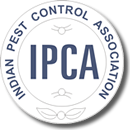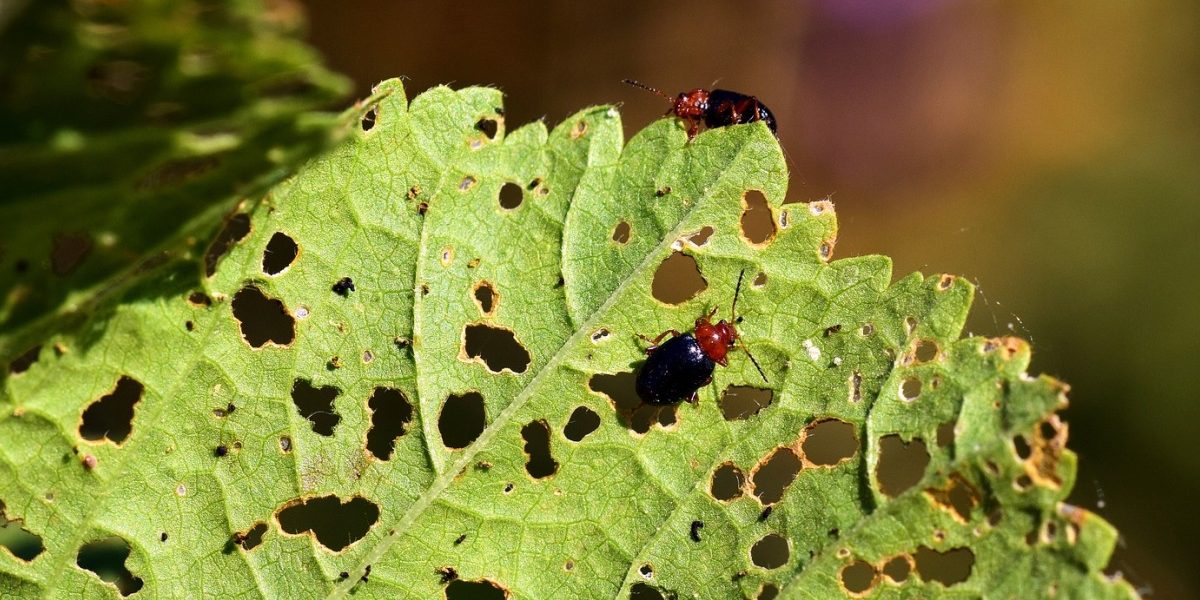The pest control industry and professionals in the country have key role to play to minimize impact on environment as well as help government in public health management by controlling various disease spread by pests including malaria and dengue.
“India, being a populous country, was vulnerable to diseases spread by pests and controlling the menace can greatly help in maintaining public health. India is the largest producer of food grain in the world and yet loses a huge part of it to rodents and other pests. The pest control industry in the country should use Eco-friendly effective pest control methods to deal with these growing problems” said Mr H S Vyas former president and senior most member of Indian Pest Control Association (IPCA) while inaugurating the Two day conference ‘Indiapest2018’ being organised by the Indian Pest Control Association (IPCA) the apex national body of pest control services companies here today .
“Pest control professionals must participate in government efforts to control diseases spread by pests and also educate people on the importance of pest control.World wide use of eco friendly pesticides is on the increase, are derived from plant extracts, fungi, bacteria, protozoans and minerals. They are used for crop protection and are found to be benign for both humans and the environment. Similarly Integrated Pest Management (IPM) ,which is an effective and environmentally sensitive approach to pest management that relies on a combination of common-sense practices is on increase “ Mr Ujjwal Kumar, Business Head , United Phosphorous Limited (UPL) while speaking on the occasion
A minute silence was observed as mark of respect to former Indian prime Minister Atai Bihari Bajpai at the meet
“About 350 pest control professionals from across the nation attending a Two day national conference on Pest management “Indiapest2018” to discuss and learn about latest developments, products, ,services, techniques and regulations in the pest control industry. They will also be discussing latest non chemical pesticides including bio and organic pesticides and Integrated Pest Management” said Mr Jaldhi Trivedi, President, Indian Pest Control Association (IPCA) speaking on the occasion.
”Some of the common pest problems in India include cockroach, rodents, mosquitos, termite, reptiles, wood border, spider, lizards, bed bugs, ants and bats, which are also major cause for pest borne disease” said Mr Trivedi.
“During the two day ‘Indiapest’ meet which is part of IPCA Annual General Meet member delegates from all over India will be discussing Constant changes in climate, consumer demand, economy, regulations, technology, as well as invasions of new pest species and environment friendly methods of pest control” said Mr Trivedi
“The pest control industry in India is growing at more than 15 % per annum However, lack of skilled technicians, operating constraints and lengthy approval procedure and absence of uniform guidelines for testing are hampering the growth of the market. As the pest control industry currently employs lakhs of workers but lacks qualified skilled workers. Unqualified and unskilled pest control operators can be dangerous for both the environment and the public we urge the central and state governments to start an institute as well add short term pest control courses in existing institutes designed to meet the growing pest control industry in the country.” Said Mr Parkash Sasidharan, General Secretary, IPCA speaking on the occasion.
“Major highlight of the conference will be various technical sessions to be addressed by eminent experts from the industry, manufacturers and government officials from various ministries. An exhibition of new pest management products and technologies is the major attraction at the meet” said Mr Trivedi.
“Pest control services industry is always on the lookout for new products, and are finding beneficial ways to integrate them into our services. In the pest control industry, pesticide manufactures are always producing new eco-friendly products and methods of controlling pests, We are asking our members to buy and use products from manufacture’s that are making concerted efforts to produce clean, safe, reliable products and chemicals. We are helping to make our local communities a cleaner more desirable place to live.” He added.
SOURCE: INVC News









